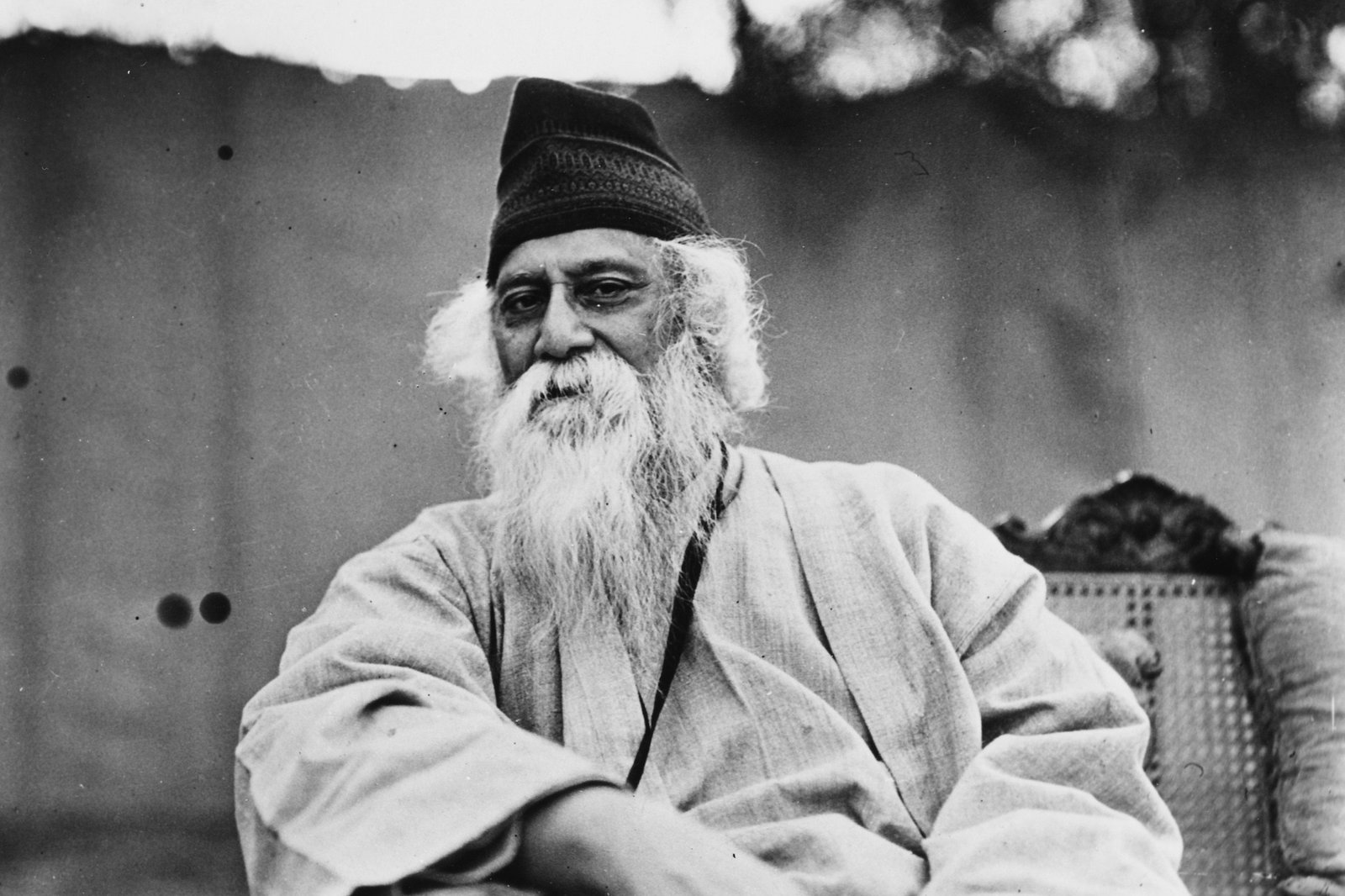Rabindranath Tagore was a genius, and this cannot be overstated. Rabindranath Tagore, also known as Gurudev, was born in 1861 to a wealthy Bengali aristocratic family. Sarada Devi was his mother's name, and Debendranath Tagore was his father's. Rabindranath was his family's youngest member. Rabindranath did not complete his secondary education. However, at the age of 17, he relocated to England. He enrolled at the University of London but soon returned home. His poetic career began on a high note. His first book of lyrics, "Manashi," was published in 1890. Then came "Chitra" and "sonar Tari," two more lyric collections. In 1909, the book "Gitanjali" was published. In 1913, he was awarded the Nobel Prize in Literature for that work. Rabindranath Tagore was a versatile writer. He was an accomplished novelist and playwright. Rabindranath wrote numerous poems, dramas, essays, plays, short stories, novels, and other works. He was an ardent social reformer and educator. Works of Rabindranath Tagore He founded Visva-Bharati University in Santiniketan, Bolepur, in 1901. Rabindranath Tagore was an extraordinary man. He was a deeply committed peacemaker and patriot. He has always spoken out against social injustices. He made an important and long-lasting contribution to Indian literature. Two of his Rabindra Sangeet songs that are more well-known are Amar Shonar Bangla (the national anthem of Bangladesh) and Jana Gana Mana (the national anthem of India) (national anthem of India). His original writings, whether poems or short stories, are unrivalled even today. He may have been the first to write successfully about the relationship between the west and the east. Stories by Rabindranath Tagore Puravi, a piece he wrote, discussed morning and evening songs in the context of various social, moral, cultural, religious, and political issues. In 1890, he published Manasi, a collection of social and poetical poems. Bengali culture and life inspired the majority of his writings. Galpaguccha was the name of a collection of stories about the Indian people's illiteracy, backwardness, and poverty. Examples include Sonar Tari, Kalpana, Chitra, Naivedya, and other poetry collections. Examples include Gora, Chitrangda and Malini, Binodini and Nauka Dubai, Raja and Rani, and other novels. He was a deeply spiritual and religious man, which served him well during difficult times. As a gifted educator, he founded Santiniketan University, a unique institution that serves as a haven of peace.

